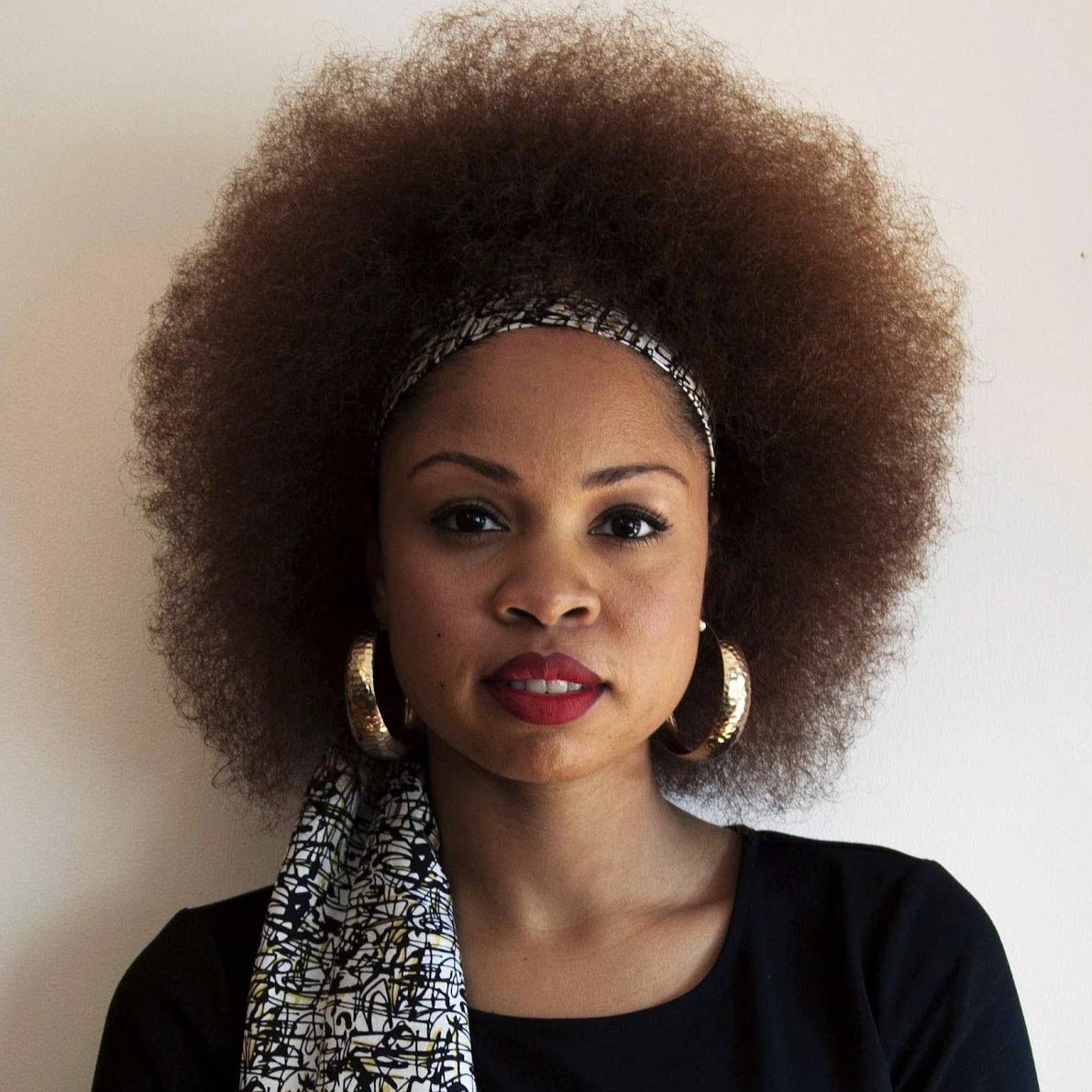A Legacy to Lead
Internationally known photographer Endia Beal’s photograph of Rev. William J. Barber II was named one of Time’s best portraits of 2020. Her photography book “Performance Review,” released in 2020, brings together work from first-hand experiences that highlight the realities and challenges for women of color in the corporate workplace. The photographs merge fine arts with social injustice. They reveal the often overlooked and unappreciated experiences unique to people of color.
“My artistic practice is motivated by the people who have never seen themselves in art and are unaware of the power of art and social change,” Beal said. “I was a part of this collective.”
Originally from Winston-Salem, North Carolina, Beal grew up in a family that valued education, leadership, and Christian principles. Beal’s family taught her she could achieve anything if she worked for it. All three sisters were high-achieving students, Crosby Scholars, leaders in their school, earned scholarships, graduated from college debt-free and have successful careers.
“My mother really instilled the leadership in us, and my father, too,” Beal said. “I value my familial relationships and attribute any success to the wisdom taught by my elders. My Mother would say, ‘People put their pants on just like you do, one leg after the other. There is no reason to be intimidated by anyone.’”
“We were going to go to college, but Crosby Scholars made the financial end of it possible,” she said. “Being able to plan. My family income—we had to think, ‘How are we going to pay for it?’ What Crosby Scholars did is it gave us those tools to think about it early on. As a Crosby Scholar, you are learning how your sophomore and junior years are going to impact whether you get accepted. They really reinforced doing community service. They gave you all the tools in order to be a successful applicant, so you could get the financial benefits from all the hard work you did while you were in high school.”
“I think about Ms. Lovett taking us on tours to see different colleges. We went to Appalachian State University, UNC Charlotte. It was great to go with my peers and think about what the future held outside of our everyday high school life. It felt like it was actually real.
“They nurtured you like a family,” Beal said. “I think about Ms. Lovett, and I saw how she guided us along the way. Even after you graduated you could still call Ms. Lovett.”
Crosby Scholars paid for Beal’s books when she enrolled at N.C. State University. Scholarships she earned covered the rest of her college expenses.
“My parents didn’t have to pay out-of-pocket at all for any of us,” Beal said.
Beal found her passion for telling stories through photography mid-way through her college career. As a sophomore at N.C. State University, her graphic design professor suggested that she take a photography course. Beal enrolled in a summer photography class at UNC Greensboro. That class inspired her to transfer to UNC Chapel Hill, where she earned a dual B.A. in art history and studio art. She studied abroad in Florence, Italy at the Studio Art Center International, where she photographed Senegalese immigrants.
Beal obtained an MFA from Yale University and is a 2019 Fellow of the Center for Curatorial Leadership and completed a residency at Harvard Art Museums, where she was mentored by Martha Tedeschi.
Her work has been exhibited in the Columbia Museum of Art, Columbia, SC; the Harvey B. Gantt Center for African-American Art + Culture in Charlotte, NC; and the AIPAD Photography Show, Open Society Foundation, and Aperture Foundation, New York. In 2017, Beal was named to the Times list of “12 African American Photographers You Should Follow Right Now.” Beal is featured in several online editorials including The New York Times, Time Magazine, NBC, BET, the Huffington Post, Slate Magazine, and National Geographic. She also appeared in Essence Magazine, Marie Claire Magazine South Africa, Newsweek Japan, and Photo District News.
Beal eventually returned to Winston-Salem after graduating from UNC Chapel Hill, and she worked at the Southeastern Center for Contemporary Art (SECCA).
“Growing up in Winston-Salem, I never had the opportunity to visit Reynolda House Museum of American Art or SECCA,” Beal said. “When I returned to Winston-Salem, I had a chance to rediscover the city I love.”
During this time, she also worked as a grade advisor for Crosby Scholars and visited high schools to share her story. Students felt comfortable asking her questions about college social life and other changes college brings.
“When the students see you, everything seems possible,” she said. “Crosby Scholars gives you the knowledge and tools to realize that college is actually attainable.”
In 2014, Beal returned to Winston-Salem to serve as director of the Diggs Galley at Winston-Salem State University and Assistant Professor of Art at Winston-Salem State University. She and her husband Alain Lamarque, a lawyer, have two sons, Maxim, 2, and Victor, 8 months.
“We like being around family,” she said. “It is important to live in a place that fills you up, that can give you the support you need in order to build a foundation.”
Beal serves on the Board for Reynolda House Museum of American Art, the Public Art Committee for the Piedmont Triad International Airport, and the Public Art Committee for the City of Winston-Salem, N.C.
As director of Diggs Gallery at WSSU, Beal curated two exhibitions in 2018 that brought national attention to Diggs: “Truth Be Told” and “Race, Love, and Labor,” part of a campaign by the For Freedoms 50 States Initiative, a nationwide event to talk about art and social justice.
“It showed how art can lay the groundwork for social justice work,” Beal told the Winston-Salem Journal in February 2020. She recently stepped down from her position at Diggs Gallery to have more time to pursue her photography.
“As a student, I aspired to have the same level of dedication and passion as the leaders of Crosby Scholars,” she said. “This program teaches you that things are possible. It takes dedication and hard work, and instilling that at a young age only helps a student excel.”
You can see more of Endia's work here.
Story by Kathy Norcross Watts


